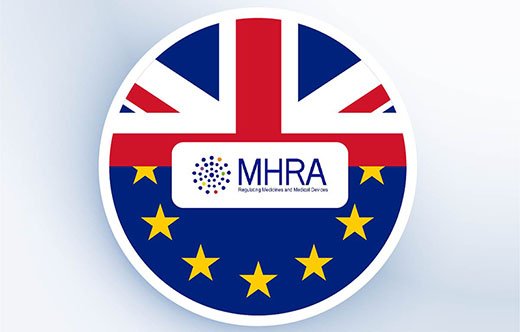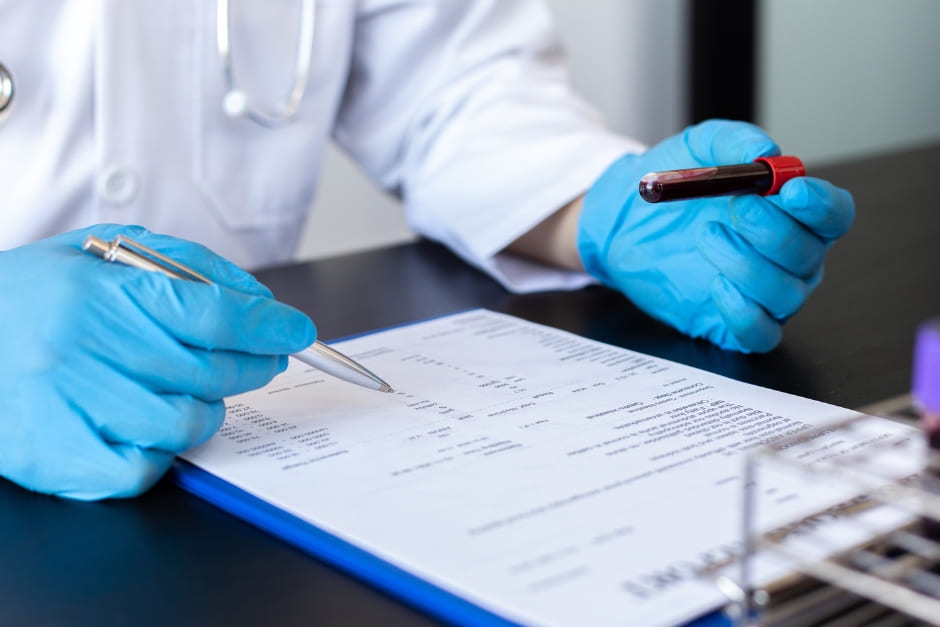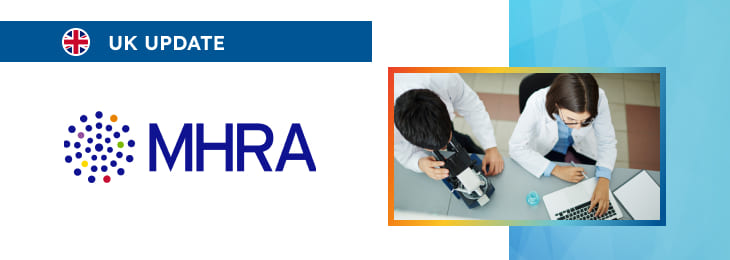The article highlights the key points related to the UK regulatory framework for clinical investigations involving medical devices.

Table of content
The Medicines and Healthcare products Regulatory Agency (MHRA), the UK regulating authority in the sphere of medical devices, has published a guidance document dedicated to clinical investigations. In particular, the document provides an overview of the applicable regulatory requirements, as well as additional clarifications and recommendations to be taken into consideration by medical device manufacturers, study sponsors, and other parties involved in order to ensure compliance.
At the same time, provisions of the guidance are non-binding in their legal nature and could be subject to changes, should such changes be reasonably necessary to reflect corresponding amendments to the underlying legislation.
Notification Requirements
According to the guidance, before conducting a clinical investigation intended to support a UKCA, CE, or CE UKNI marking application, the sponsor must notify the MHRA at least 60 days in advance. This requirement does not apply to devices that already hold the relevant regulatory marking for the same investigational use.
The MHRA provides a comprehensive flowchart that helps sponsors determine if a formal notification is necessary. It is also mentioned that clinical investigations related to devices with no intended medical purpose, as outlined under Annex XVI of the EU Medical Device Regulation (2017/745), are not accepted in Great Britain.
For any queries regarding clinical investigations, the MHRA advises contacting them via email with the subject line “clinical investigation enquiry” to ensure queries are managed appropriately.

Application Submission and Fees
Applications must be submitted electronically through the Integrated Research Application System (IRAS). In April 2023, new fee structures were introduced, applicable to both new investigations and amendments.
Regulatory decisions, whether approvals or objections are only issued after payment has been confirmed.
When submitting an application, sponsors must provide essential payment details, including:
- The company’s full name and address.
- A designated contact responsible for financial matters, including their email address.
- Evidence of payment, such as proof of transaction.
The authority mentions that timely and accurate submission of these details is crucial to avoid delays.
Validation Process and Guidance Documentation
Upon receiving a clinical investigation application, the MHRA validates the submission based on a comprehensive Clinical Investigation Application Checklist.
To assist sponsors in submitting valid applications, the MHRA provides detailed guidance covering multiple aspects of clinical investigations:
- Biological Safety Assessment: Specifies the scientific data required to demonstrate biological compatibility.
- Statistical Considerations: Describes the format for presenting statistical analysis within the submission.
- Human Factors and Usability Guidance: Outlines engineering and design considerations for drug-device combinations and medical devices.
Following the above guidelines helps to ensure that applications meet regulatory standards and avoid unnecessary rejections.
Regulatory Advice Meetings
Under the general rule, the MHRA offers regulatory advice meetings to guide sponsors through the complexities of the regulatory landscape. However, it is important to note that these meetings do not involve the review of individual documents.
The discussions are focused on providing broader regulatory insights and recommendations. Requests for regulatory advice meetings should be directed to the Head of Clinical Investigations via email.
Fees are charged for these sessions, and sponsors should review the applicable fee schedule beforehand.
Assessment Process
Once the MHRA validates an application, sponsors receive confirmation within five working days. The 60-day assessment period officially begins the following day after confirmation.
During the assessment, experts evaluate the safety and performance of the device as well as the design of the clinical investigation. If further clarification is needed, sponsors must respond promptly to avoid unnecessary delays.
If there are grounds for an objection, the MHRA may arrange a teleconference to facilitate discussion and resolution within the assessment timeframe. By the 60th day, sponsors will receive a formal decision letter indicating either “no objection” or an “objection”.
Reporting Requirements
According to the guidance, reporting obligations during a clinical investigation are critical for regulatory compliance:
- Serious Adverse Event (SAE) Reporting: Sponsors must report all serious adverse events (SAEs) using approved templates such as MEDDEV 2.7/3 or MDCG 2020-10/2. These reports are submitted through the MHRA’s MORE portal.
- Quarterly Summary Reports: These reports provide updates on the overall safety profile of the investigation. Sponsors must use the QSR Template Guidance V2 to ensure consistency in reporting.
- End of Study Reports: Upon completing a clinical investigation, sponsors are required to send final reports via email.
Amendments to Clinical Investigations
Amendments to clinical investigations must be submitted and approved by the MHRA before they are implemented.
- Substantial Amendments: These include significant changes, such as updates to the investigational device, alterations to the clinical investigation plan, or new trial sites and investigators.
- Non-Substantial Amendments: These involve minor updates, such as administrative corrections or changes in funding arrangements.
Submissions must include both red-lined versions of amended documents (indicating changes) and clean versions for review. Incomplete submissions will be returned for corrections, delaying approval.
Conclusion
In summary, the present guidance published by the MHRA provides a general overview of the key regulatory requirements associated with clinical investigations as set forth under the existing legal framework. The document outlines the roles and obligations of the parties involved, emphasizing the key points to be taken into consideration in order to ensure compliance with the underlying legislation.
How Can RegDesk Help?
RegDesk is an AI-powered Regulatory Information Management System that provides medical device companies with regulatory intelligence for over 120 markets worldwide. It can help you prepare and publish global applications, manage standards, run change assessments, and obtain real-time alerts on regulatory changes through a centralized platform. Global expansion has never been this simple.

